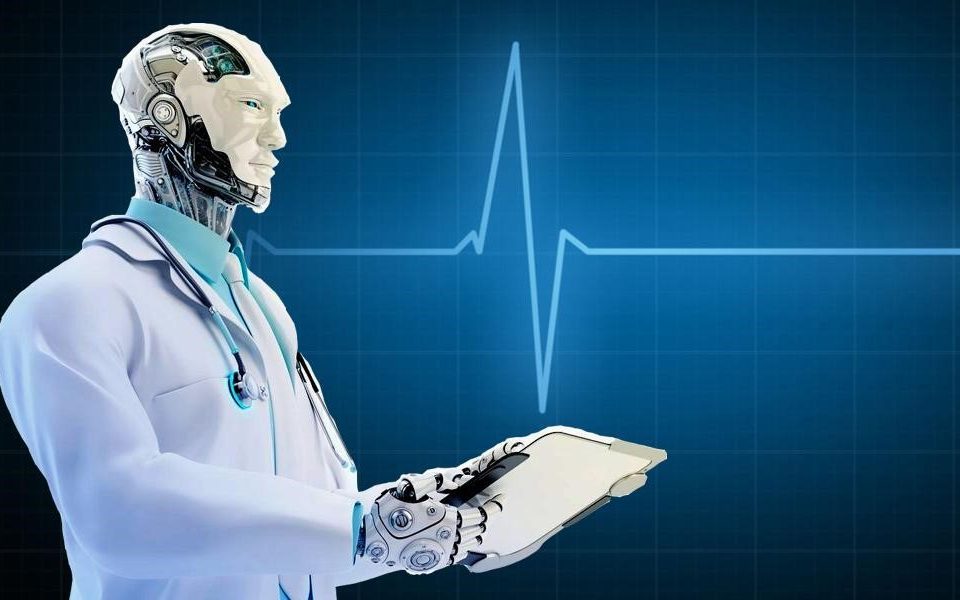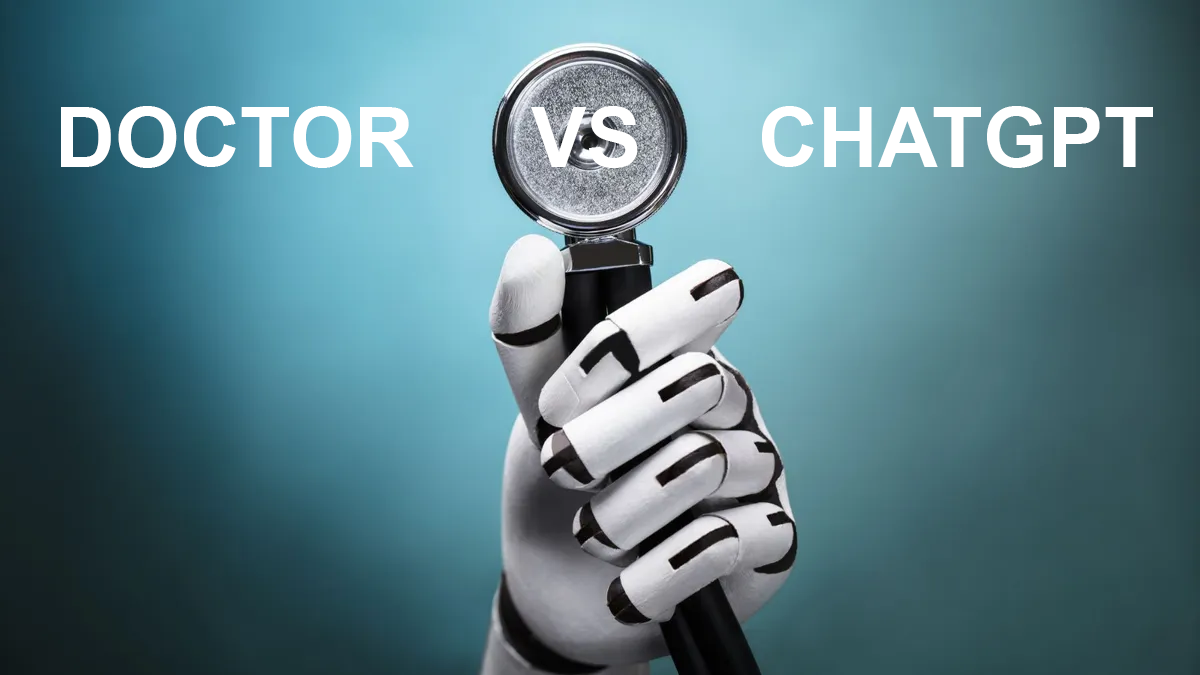The field of healthcare is rapidly evolving with the integration of technology into various aspects of medical practice. In recent years, the use of artificial intelligence (AI) in healthcare has gained increasing attention, with chatbots being one of the most promising applications. Chatbots are computer programs designed to simulate online conversations with humans, providing assistance with various tasks, including answering healthcare-related questions. One of the key advantages of chatbots is their ability to operate 24/7 and provide immediate responses to patients. However, there are concerns about the effectiveness and quality of responses provided by chatbots, particularly in comparison to those provided by doctors.
In a recent study published in Jama Internal Medicine, researchers evaluated the empathy and quality of responses provided by doctors and ChatGPT, a computer program designed to simulate online conversations with humans. The results of the study indicated that ChatGPT was significantly more empathetic than doctors in responding to patients’ questions. This report aims to provide an overview of the study’s findings and implications for the use of chatbots in clinical settings.

Methodology:
The study used a cross-sectional design to evaluate the quality and empathy of responses provided by doctors and ChatGPT to patient questions. The study collected data from the social media forum Reddit, where patients posted healthcare-related questions. The same questions were then presented to ChatGPT and verified physicians, and responses were anonymized and randomized. A team of licensed healthcare professionals rated the responses for empathy and quality, using a validated tool.
Results:
The study evaluated 195 questions and responses, and the results indicated that ChatGPT was significantly more empathetic than physicians in providing responses to patient questions. The proportion of responses rated as ’empathetic’ or ‘very empathetic’ was higher for ChatGPT than for physicians. Furthermore, ChatGPT scored higher than physicians in the quality of responses provided to patients. The proportion of responses rated as ‘good’ or ‘very good’ quality was higher for ChatGPT than for physicians.
Discussion:

The results of this study suggest that chatbots such as ChatGPT have the potential to provide high-quality and empathetic responses to patient questions. This is particularly important in the current healthcare landscape, where physician burnout is a growing concern. Chatbots can help alleviate the burden on physicians by providing immediate responses to patient questions, freeing up physicians’ time to focus on more complex cases.
However, there are limitations to the study that must be considered. The study evaluated responses from a single chatbot, ChatGPT, and verified physicians. The study did not consider other chatbots or unverified physicians. Furthermore, the study evaluated responses from a single social media forum, Reddit, which may not be representative of the broader population. Finally, the study did not consider the length of responses, which could impact the perceived empathy and quality of responses.
Conclusion:
In conclusion, the study provides evidence that chatbots such as ChatGPT can provide high-quality and empathetic responses to patient questions. However, further research is needed to evaluate the effectiveness of chatbots in clinical settings and their impact on patient outcomes. Randomized controlled trials can provide insights into the impact of chatbots on physician burnout, patient outcomes, and the overall quality of care. It is also essential to consider patients’ perspectives and preferences when using chatbots in clinical settings. While chatbots can provide immediate responses to patient questions, some patients may prefer the human relationship and care provided by physicians. Therefore, the integration of chatbots in healthcare should be carefully evaluated to ensure that they complement and enhance the quality of care provided by physicians.


